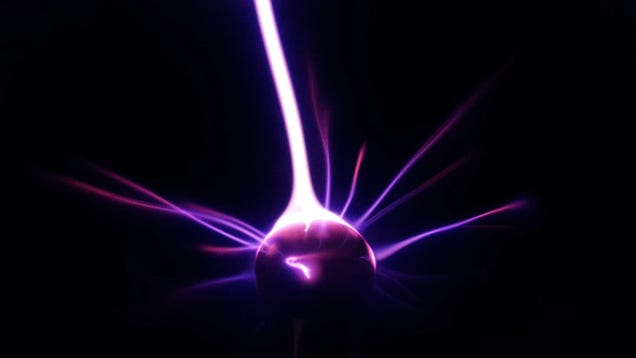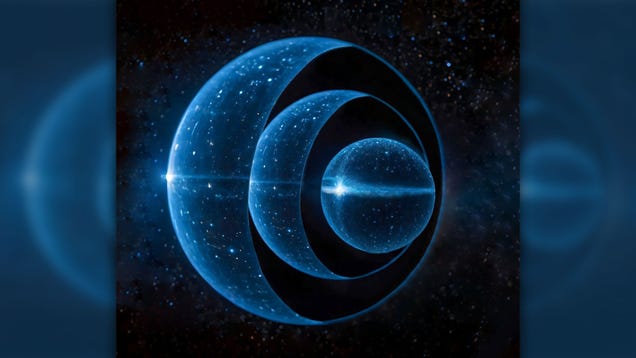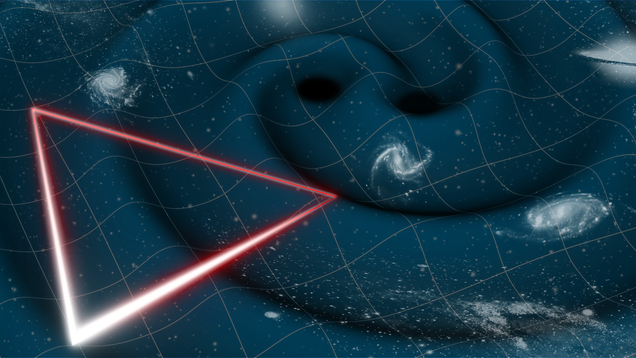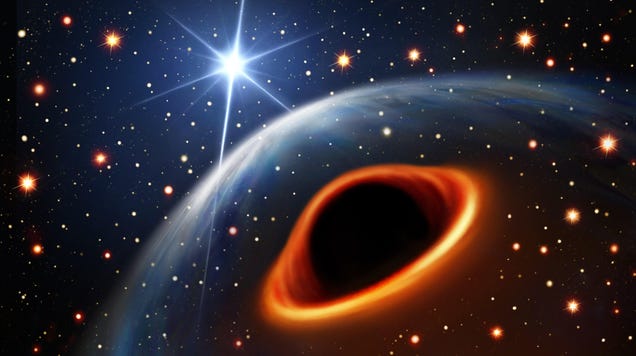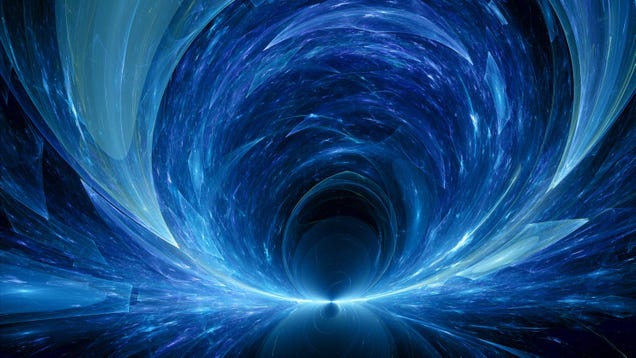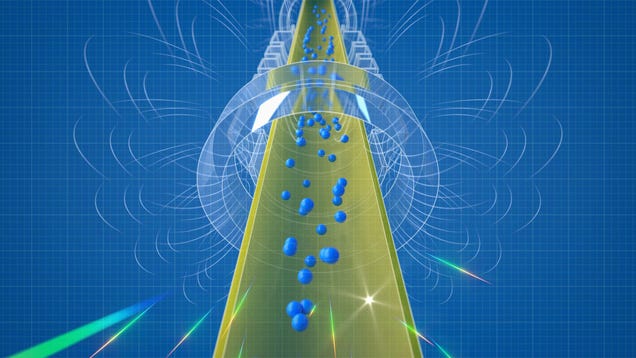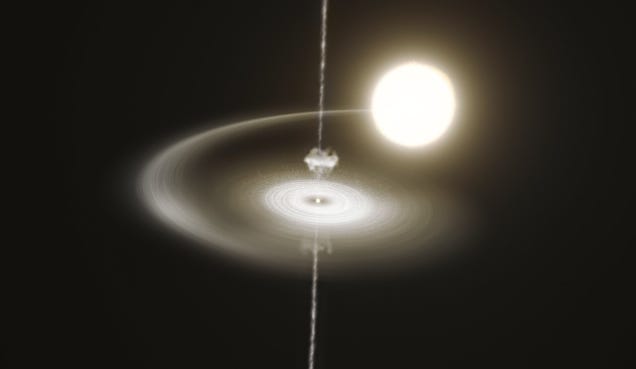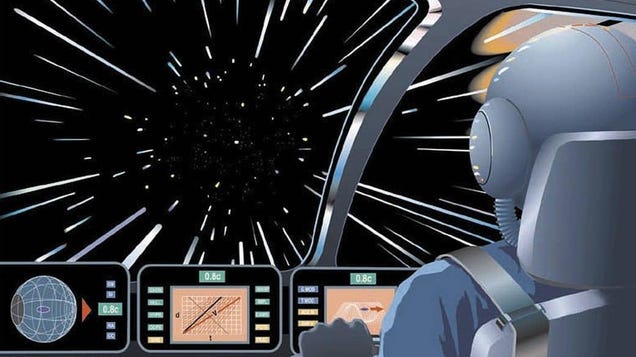
Speculative new research outlines a method for detecting extraterrestrial civilizations: by catching the gravitational waves produced by the collapse, or failure, of their warp drives. Sounds wild, but the concept is grounded in the principles of Einstein’s general relativity.

